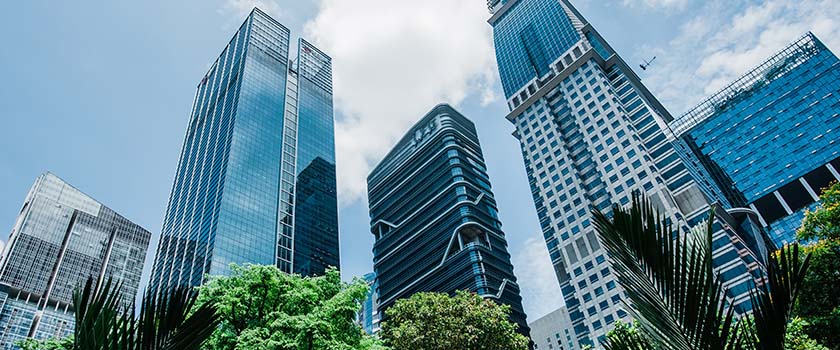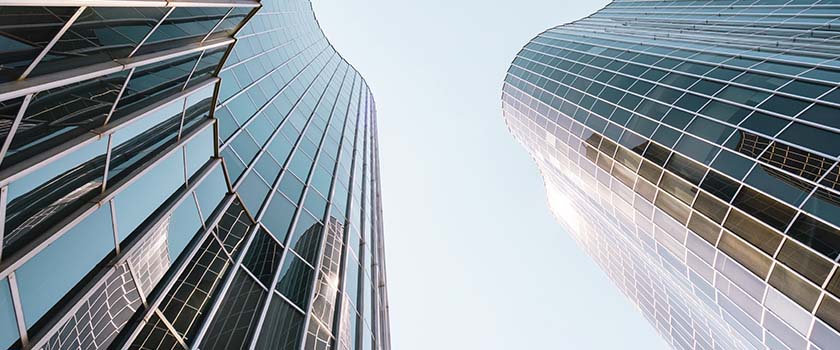Money Week (31.05.2021) - How we live our lives and how we choose to invest our savings have typically been worlds apart. Happily, it has recently become possible to bring these two elements much closer together. There’s a growing number of listed companies that are working hard to understand their place in the world beyond simple profit.
Business leaders have a better chance of building strong foundations for equity returns when they understand that they can only deliver sustainable profits in the long term by respecting the environment in which they operate and the people their organisations touch. Positive impact as an investment strategy builds on this growing corporate self-awareness by championing companies that provide fixes to problems which, left unattended, will cost the planet more dearly in the future. Impact fund managers can share best practice to help raise standards more broadly.
Excitingly, impact opportunities are not limited to the well-known areas of green energy but instead cover a broad spectrum of industries including healthcare equipment, safety certification, education, infrastructure and agriculture.
This breadth of opportunity gives impact funds an evergreen quality making them an ideal building block for any long-term investor.
The leader in LED lighting
We often find attractive impact opportunities in established companies that are culturally pivoting towards the beneficial outcomes generated by their products.
One example is Signify (LIGHT NA) – the lighting giant spun out of Philips in 2016. The company combines industry leadership in the global shift to LED lighting with a corporate strategy focused on net zero carbon emissions, zero waste to landfill and a portion of employee pay related to sustainability targets. This refreshed corporate culture has already generated impressive financial results, with the company developing an ability to surprise the market positively. Whilst no longer as attractively valued as it was, Signify still offers a decent >3% dividend yield.
Greener ventilation
Another name enjoying rejuvenation by combining megatrend leadership with a deep focus on sustainability is Trane (TT US). Spun out of Ingersol Rand, Trane’s strategic goal ‘Win through Sustainable Innovation’ focuses on ventilation (HVAC) and refrigeration systems. Combined, these areas represent 25% of global greenhouse gas emissions. With the US government’s focus on better ventilation in public buildings, the company is seeing strong product demand. Trane now partly bases compensation of its 2,300 top executives on sustainability indicators. At corporate level, Trane has set a target of saving its customers a gigaton of CO2 by 2030 through the use of its products.
Muck to brass
Finally, there is a group of unsexy impact companies that don’t often get a mention, the ‘brass from muck’ waste processors. As the circular approach displaces our traditionally linear relationship with the planet, recycling is a growing source of value for investors.
This opportunity extends far beyond civic refuse processing. One example is Befesa (BFSA SM). The business is focused on the industrial recycling of hazardous waste generated in steel and aluminium manufacturing. Befesa’s process diverts toxic material entering landfill and their end products can be used in cement, ceramics and insulation instead of virgin ingredients. With a 50% market share in Europe and Asia, Befesa is well set to dominate this area of industrial waste processing.
These examples* go to show that sustainability and a positive impact can and do go hand in hand with profitability, and investing in these new industry leaders offers the prospect of multiple benefits.
*These should not be taken as recommendations

Rupert Welchman
Portfolio Manager Impact Equities & Co-Manager of the Positive Impact Equity strategy
View his Linkedin profile








